Traveling alone can be exciting, as it gives you the chance to get to know yourself better and have fun. However, it comes with its own challenges and risks. Whether you’re a frequent traveler or it’s your first time traveling alone, it’s important to put safety first. Here are seven important safety tips that every solo traveler should know to ensure a smooth and safe trip.
1. Know Your Destination
Before you leave, take the time to learn as much as you can about your location. Learn about the culture, traditions, and any safety concerns in the area. Understanding local laws and social rules can help you avoid misunderstandings and problems. Also, find out which places are safer or riskier and plan your trip around those places.
2. Stay in Touch
Talk to family or friends back home every day. Share your travel plans, including where you’re staying and what you want to do. Use a location-sharing service or app to let your friends and family know where you are at all times. Regular checks can give you peace of mind and let others know that an emergency has occurred.
3. Keep important documents safe
Keeping important documents safe and organized is the best way to keep them safe. Keep copies of your passport, travel insurance, and other important documents in a safe place. You may need a money belt or hidden pocket to carry your passport, credit cards, and cash. This will reduce the chance of your valuables being lost or stolen.
4. Listen to your gut
When it comes to safety, trust your instincts. Listen to your gut and if it makes you feel uncomfortable, leave the place or person you feel uncomfortable with. Whether you decline an offer, change your route, or leave a public place, putting your gut first can help you stay safe.
5. Figure out how to achieve this goal.
If you’re traveling alone, knowing your transportation options in advance can be safer. Research safe ways to get around, such as reliable taxi services or public transportation systems. If you’re using a ride-sharing app, make sure you know who the driver is before you get in the car. Always have a backup plan for how to get to your destination, in case your primary method of arrival isn’t feasible. For example, find out how to get to your hotel by foot or public transportation.
6. Pay attention to what’s going on around you
For your own safety, stay alert and aware of your surroundings. When traveling to an unfamiliar place, don’t get distracted by things like talking on your phone too much or listening to loud music. Keep an eye on your belongings, especially when there are a lot of people around, and be wary of people who offer to help you or distract you without asking. Being aware of your surroundings can help you recognize potential hazards and make informed choices.
7. Always have a backup plan
Since emergencies happen, it’s wise to have a backup plan. Make a list of people you can call in case of emergency, such as the police, your country’s office or consulate, and emergency medical services. Know the emergency phone numbers in your area and where the nearest hospital or police station is. If the unexpected happens, having this information can help you take action quickly.
Conclusion
Traveling alone is incredibly valuable because it allows you to discover, grow, and create experiences that you will never forget. Following these safety tips will help you feel safer and more confident when traveling alone. Planning ahead and knowing what to expect will help you make the most of your trip, try new things, and make memories along the way.
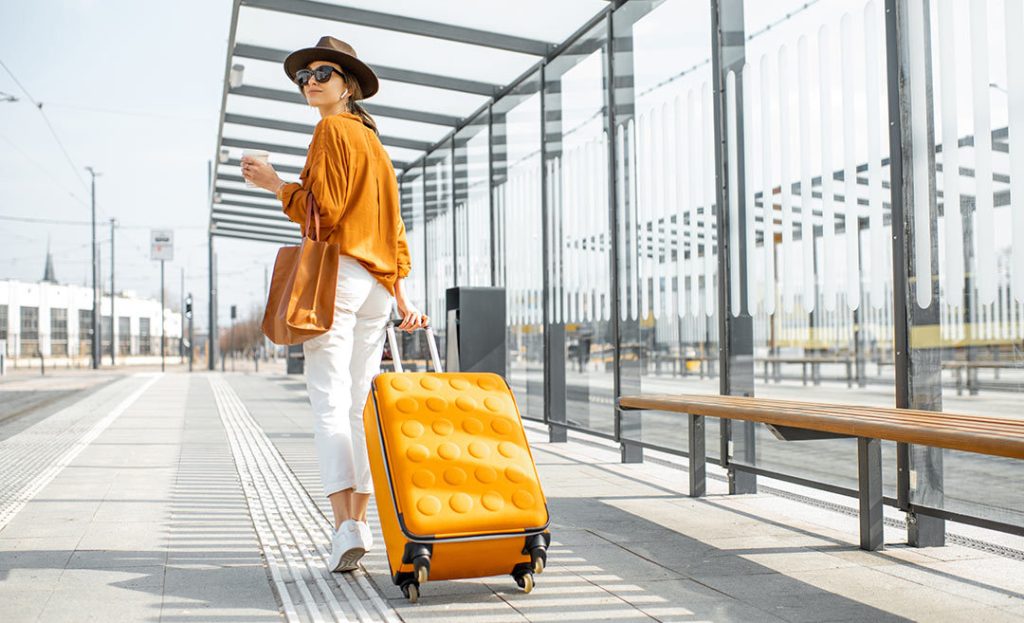
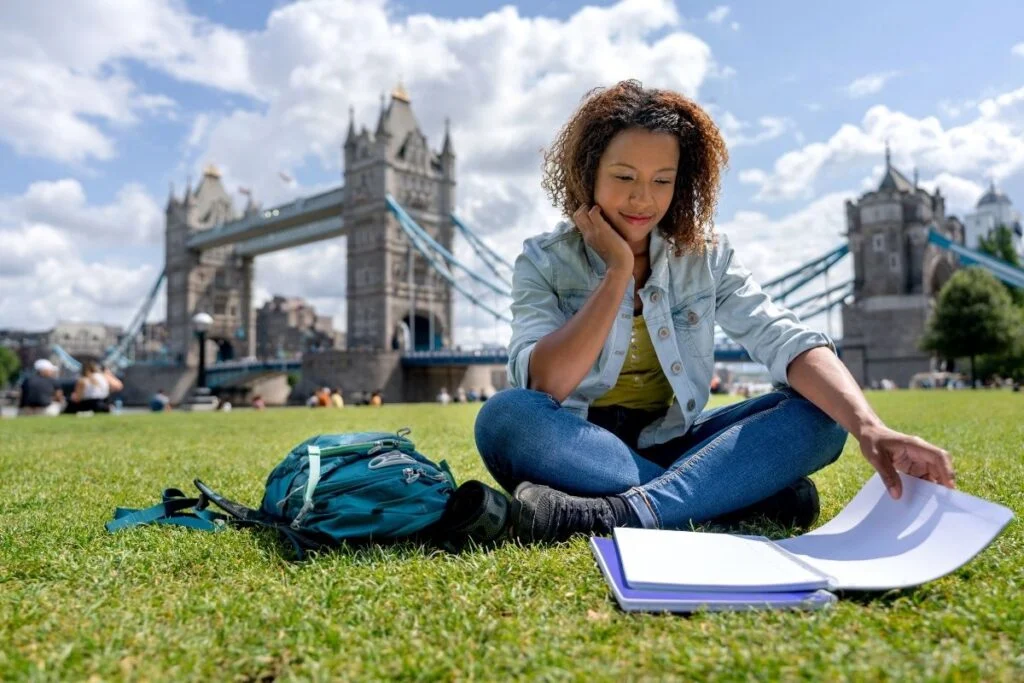

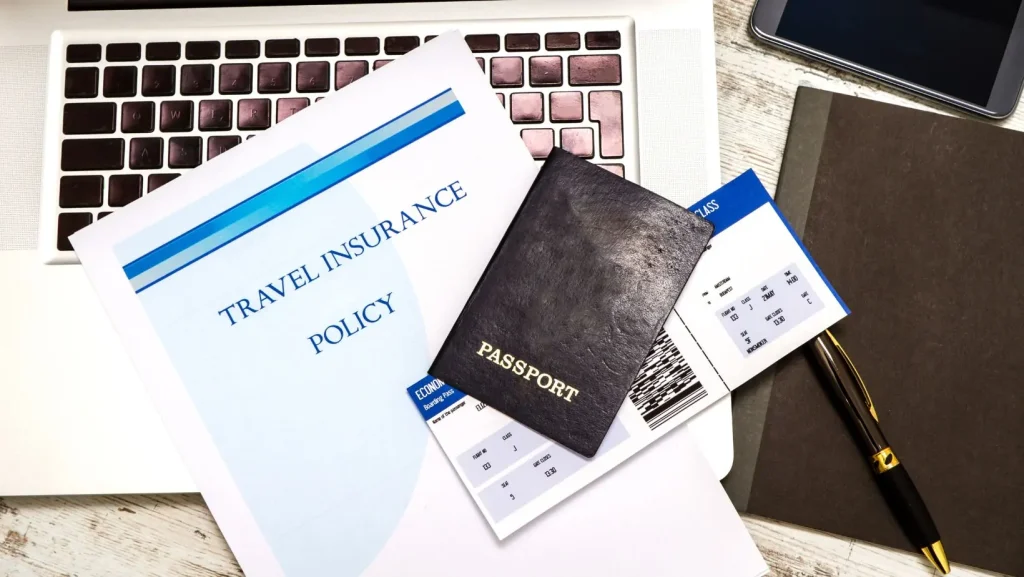
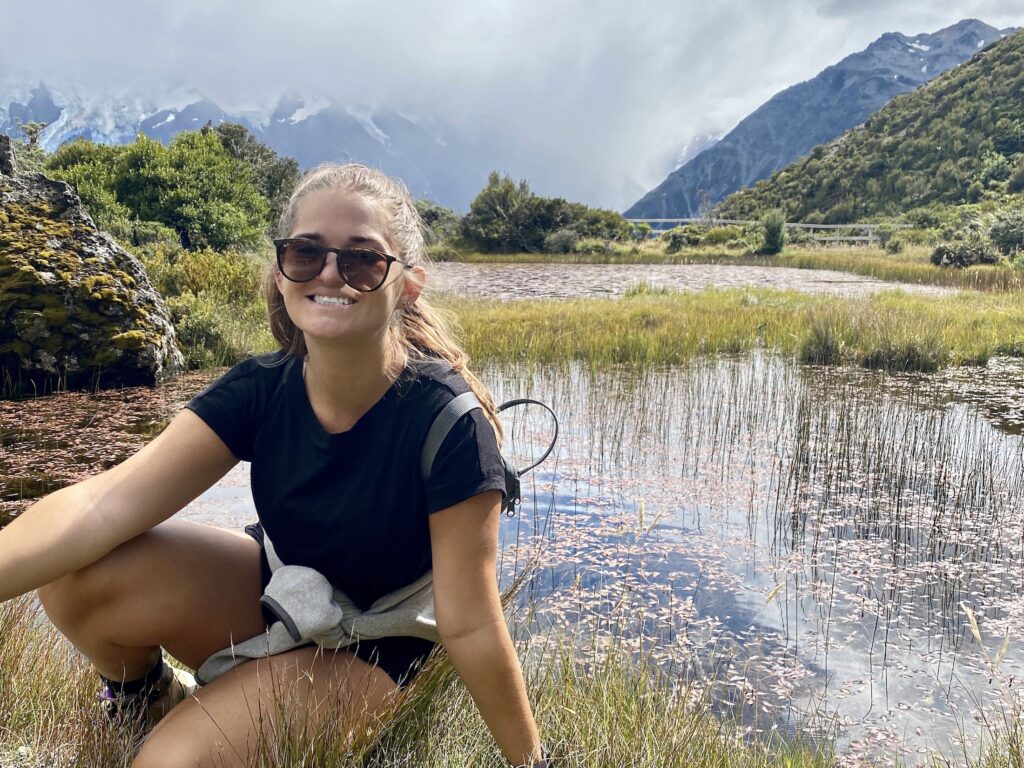
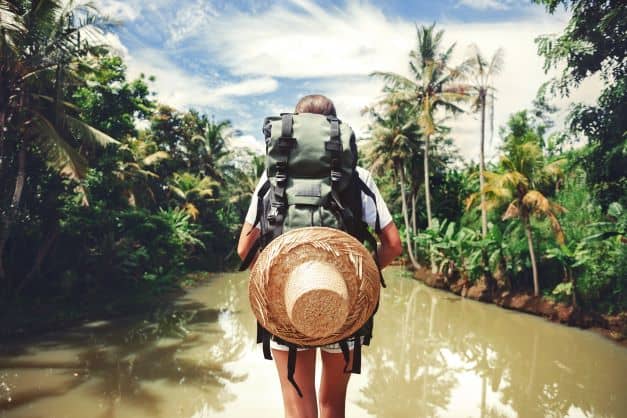
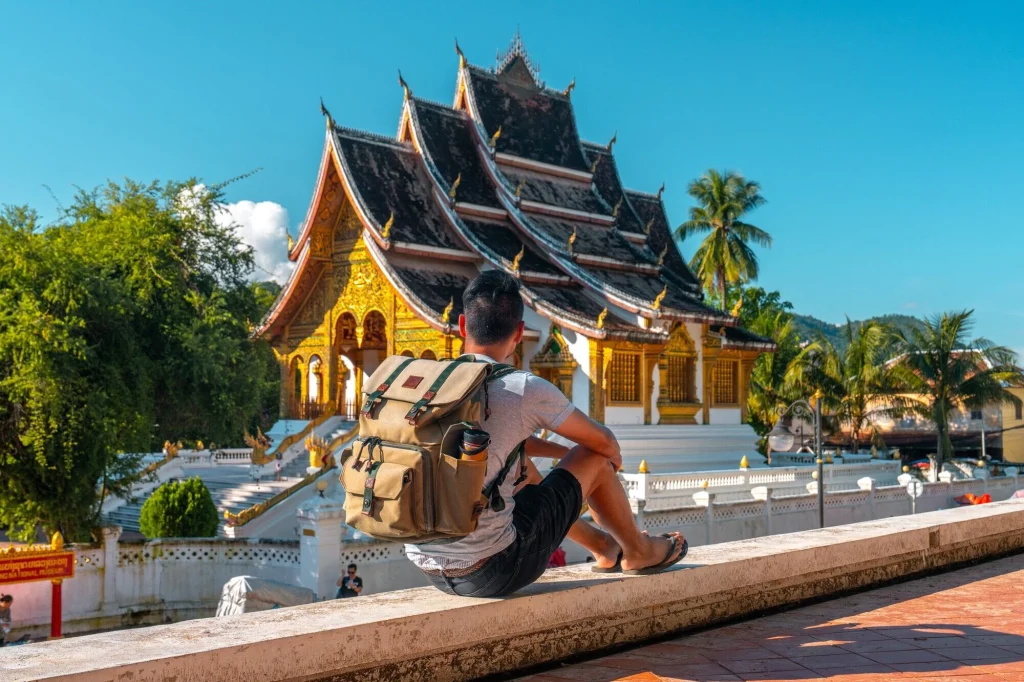


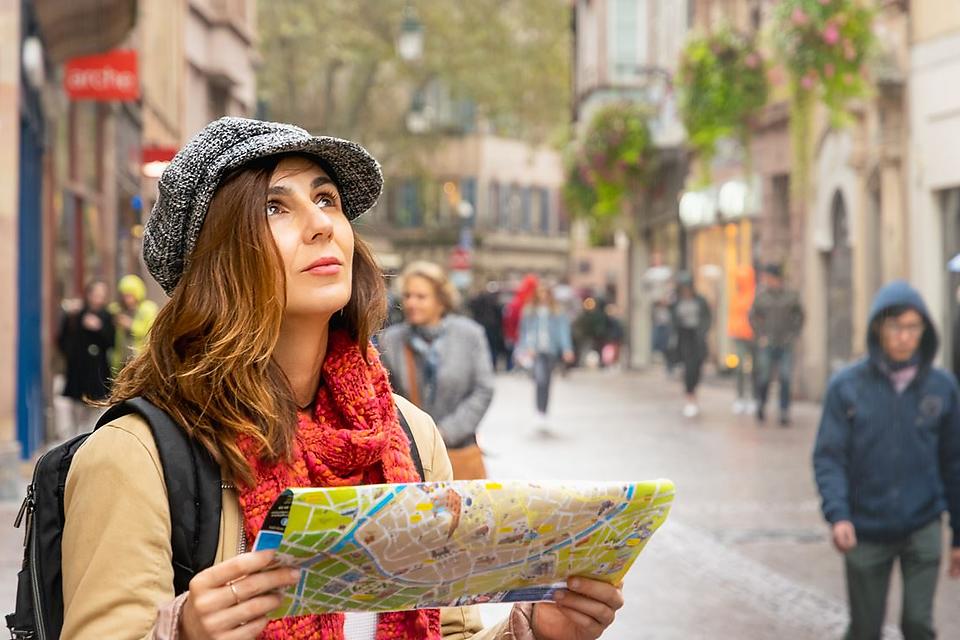
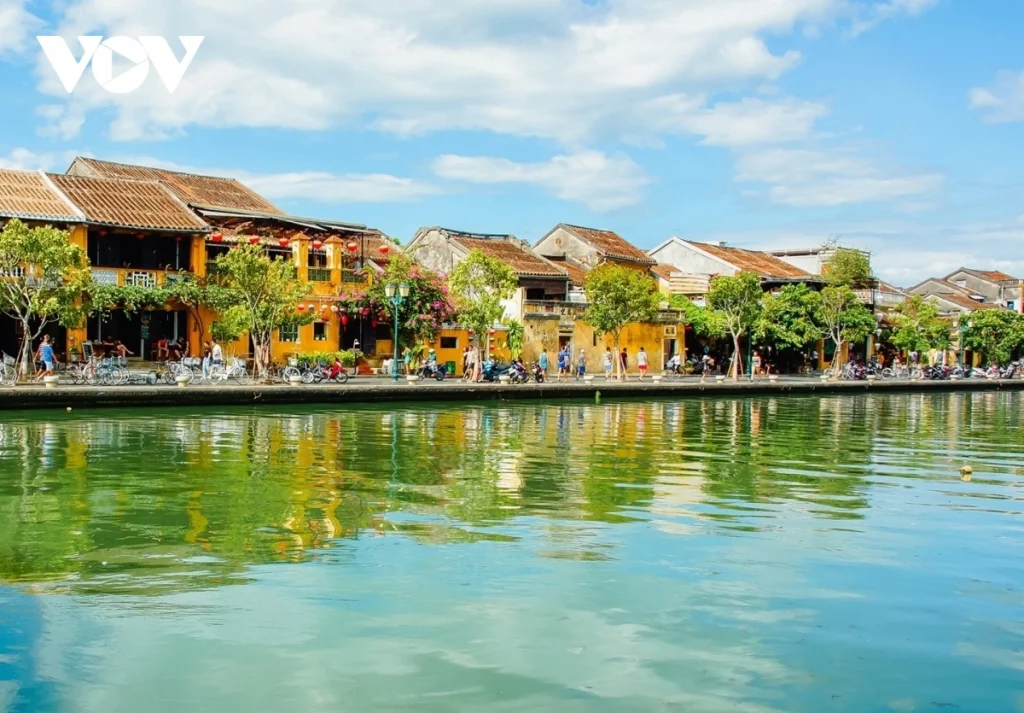

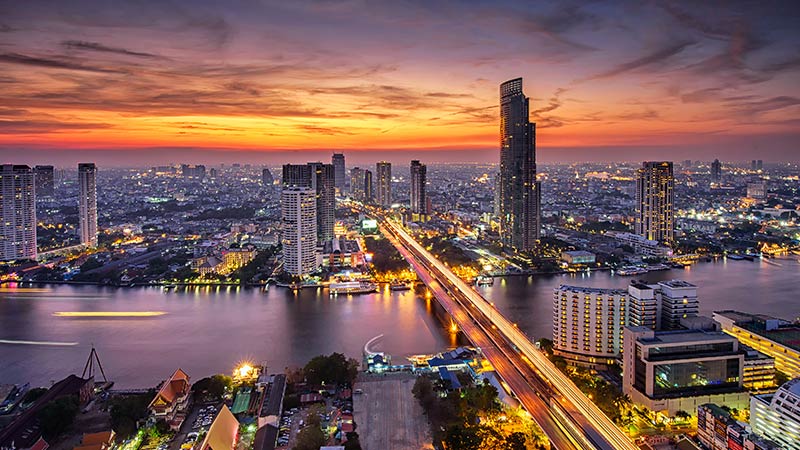
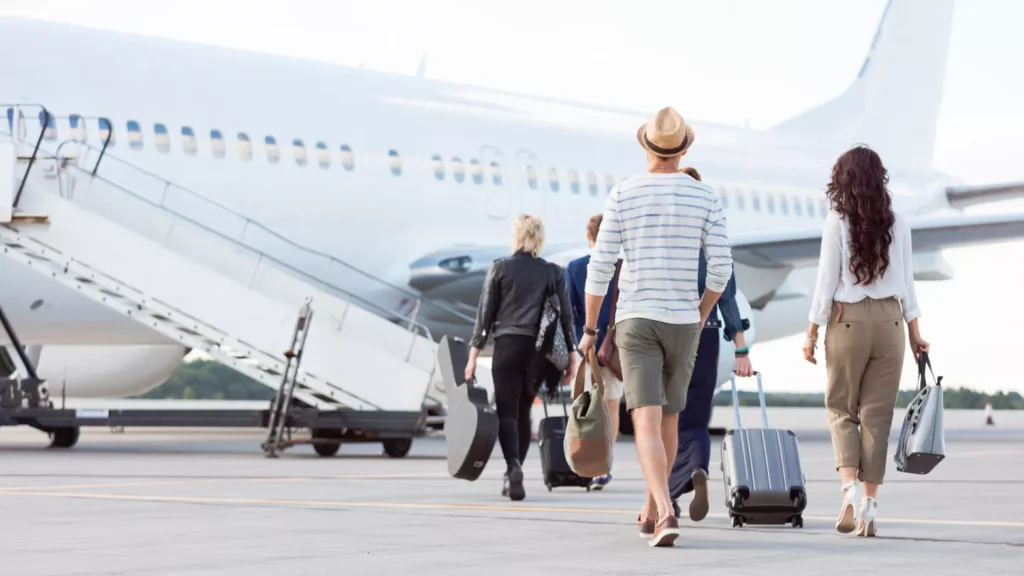
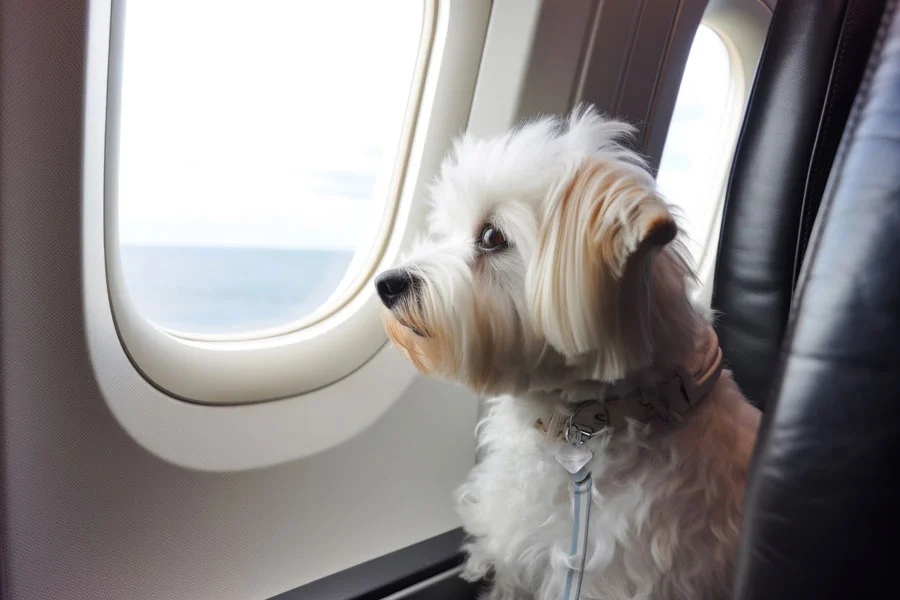
Leave a Reply